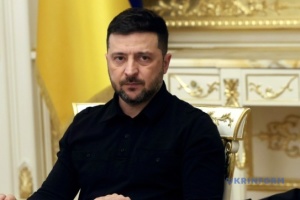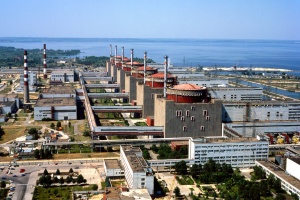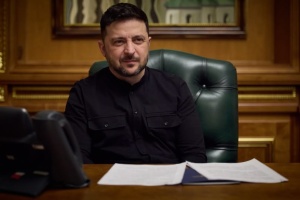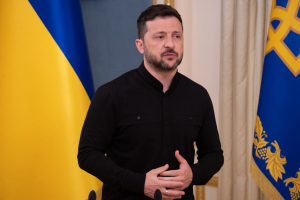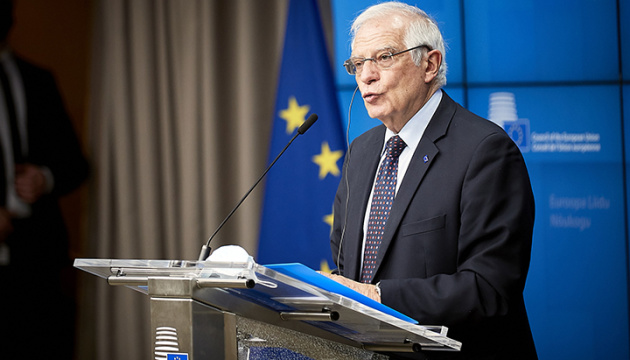
EU’s voice must be heard better to fight Putin’s lies - Borrell
That’s according to a blog by EU High Representative Josep Borrell, posted by the European External Action Service (EEAS) following the conference on countering information manipulation and external interference threats.
“Last Tuesday, the EEAS has organised in Brussels an important conference on information manipulation and foreign interference with many international experts. At this occasion, I underlined the importance of the fight against Putin’s “industry of lies” for the future of peace and democracy, not only in the EU but worldwide. (…)We need indeed to work even closer with our partners around the globe and be more actively present in local languages in different parts of the world. I am looking into options to ensure that we make the EU voice better heard,” Borrell wrote.
He separately noted that Vladimir Putin did not only start the war, he also created a powerful industry of manipulation to prevent people from understanding what is really happening, to make them doubt everything and to shift the blame. The Kremlin’s information manipulation efforts are global and work at an industrial scale. It is a crucial instrument of this war.
Putin’s bombs kill people in Ukraine while his information manipulation industry attacks the minds of people in Russia and globally
“Putin’s bombs kill people in Ukraine while his information manipulation industry attacks the minds of people in Russia and globally, trying to mislead them from realising who is responsible for the killings, for the electricity bills they cannot pay, the economic hardship they face and for the hunger that has worsened due to the war Russia started. Putin is cynically aiming to deceive people to believe that ‘might is right’; and that autocrats can get away with atrocities. Africa is one of the main targets of this “industry of lies”, but I also see it when I go to Latin America and Asia,” wrote the top diplomat.
He recalled that the EU has already taken many steps to protect itself from this threat. The EU introduced restrictive measures against the Kremlin’s industry of deception operating within the European Union. The outlets that the Kremlin developed and mobilized as a part of its war effort are not acting in line with the international ethical code of journalism: they are propaganda outlets, Borrell stresses. “Real, professional, independent journalism is and always will be protected within the EU. And we will continue to support it everywhere in the world,” he noted.
“Accurate information is the fuel of democracy. Without access to facts and independent media, democracy withers and elections are hampered. This is why we should not be treating this as a communication issue: this is a political issue we need to address politically, at the highest level,” said the high representative.
He noted that, in close cooperation with EU institutions, member states and international partners, the EAAS has been active since 2015 on these issues. However, there is a need to “go further with better analytics and more precisely tailored responses.”
“For that, we will create the Information Sharing and Analysis Centre to gather information on disinformation and foreign information manipulation threats. It will increase our capacities to exchange best practices and ensure we can more efficiently protect our democracies,” Borrell concluded.
As reported earlier, from the first days of the Russian invasion, the European Union has been in solidarity with Ukraine, providing political, economic, financial, humanitarian, and military assistance.
The EU pays special attention to reporting the truth about the nature of Russia's war of aggression and the real causes of the food and energy crisis, which is a direct consequence of Russia's actions. Such work becomes especially important before the UN General Assembly hearings on Ukraine, which will take place on the eve of the anniversary of the Russian invasion.

